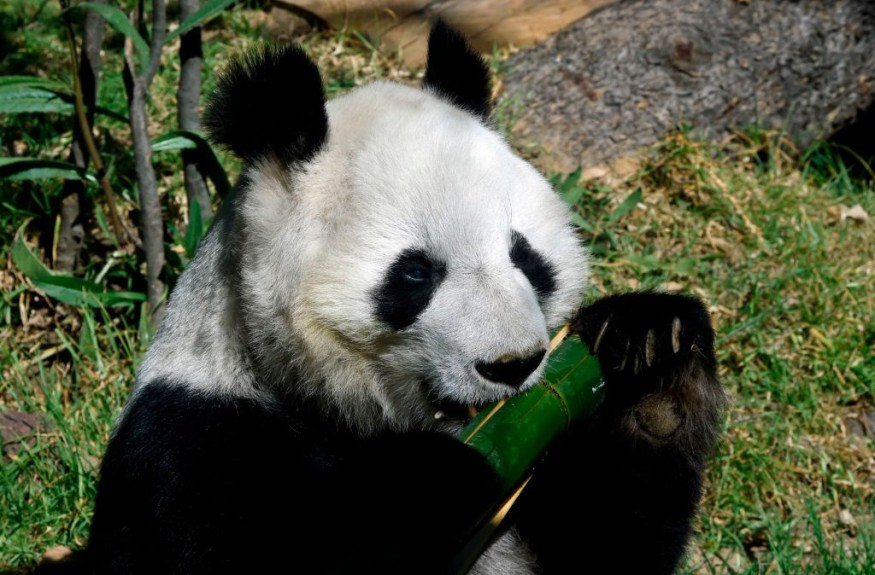Xin Xin the panda is already 32 years old and is considered to be very old by conservationists.
The animal is a native of Mexico and is the last descendant of members of the giant panda species gifted by China to the country several decades ago.
The female bear also has no offspring and is currently on menopause.
Amid the existential threat, the Mexican government is reportedly running out of time.
Also known as a panda bear, the giant panda is a bear species only endemic to China and are famous for their black and white coat on their body.
The large fluffy mammals are also notorious for their adorable image and playful attitude, especially for their caretakers and visitors.
Xin Xin the Giant Panda

Xin Xin is sheltered at Mexico City's Chapultepec Zoo, one of the only two zoos that houses pandas without the direct regulation of the Chinese government.
However, this remote panda-custodial from the perspective of China is about to end after more than 50 years since China gifted giant pandas to several foreign countries during the 1970s and 1980s, the Los Angeles Times reported.
In this context, China is willing to take back their gift from Mexico.
Negotiations between the two countries did not occur overnight. In fact, Mexican officials started to speak with China's ambassador following the deaths of the originally gifted pandas.
This is in reference to the second-generation Mexican-born Panda, with her lineage tracing back to Pe Pe and Ying Ying, who arrived at the zoo in 1975.
Also Read: European Panda: Fossils Found in 1970 May Actually be the Giant Panda's European Relatives
Chinese Panda Loan Program
As a form of panda conservation in the East Asian country, the Chinese government now implements such measures through loaning giant pandas to countries for between 10 and 15 years amounting to $1 million annually.
China's giant panda loan program started since 1985, a year after China ended panda gifts, switching to a high-priced loan policy.
Under the loan program, foreign zoos outside China are required to return any cubs from their initial panda gifts, which were part of China's early "panda diplomacy."
Specifically, Xin Xin is a cub from this diaspora of gifted pandas decades ago, making the Central American nation to be one of a few countries able to preserve locally born panda cubs.
According to Fernand Gual, the director of the Mexico City Zoos and Wildlife Conservation, another arrangement will be needed but it will depend a lot on the necessity and willingness of both countries, as cited by NBC News.
This comes as reports suggested that Mexico President Andres Manuel Lopez Obrador seems to lean away from the said loan price.
If Mexico does not agree to the loan program, the eventual death of Xin Xin in the future will be Latin America's last panda.
Outside the decades-long panda gifts, other countries of today are housing giant pandas in their zoos, including in Australia, Austria, Belgium, Canada, the United Kingdom, and the United States, according to the non-profit organization Pandas International.
Related Article : Goodbye, Jia Jia: World's Oldest Panda in Captivity Dies
© 2025 NatureWorldNews.com All rights reserved. Do not reproduce without permission.





